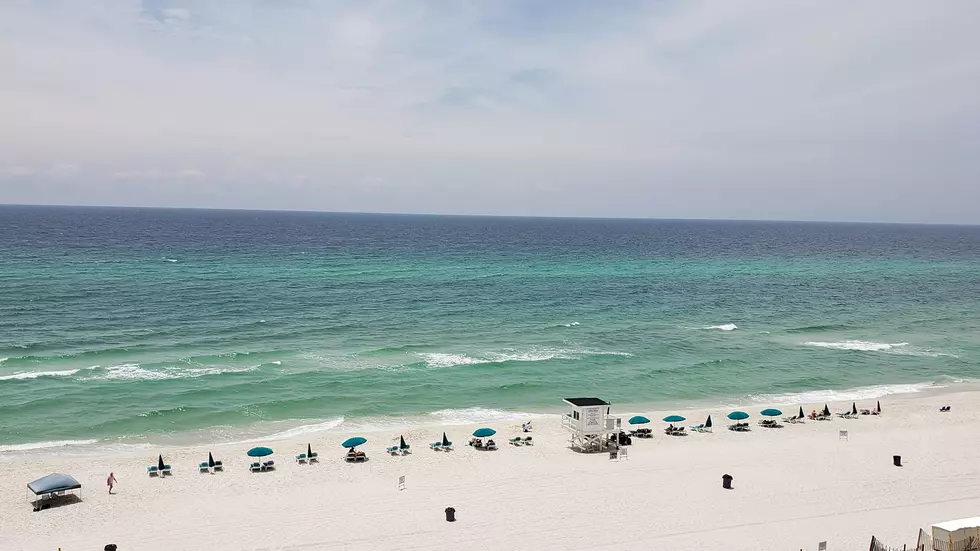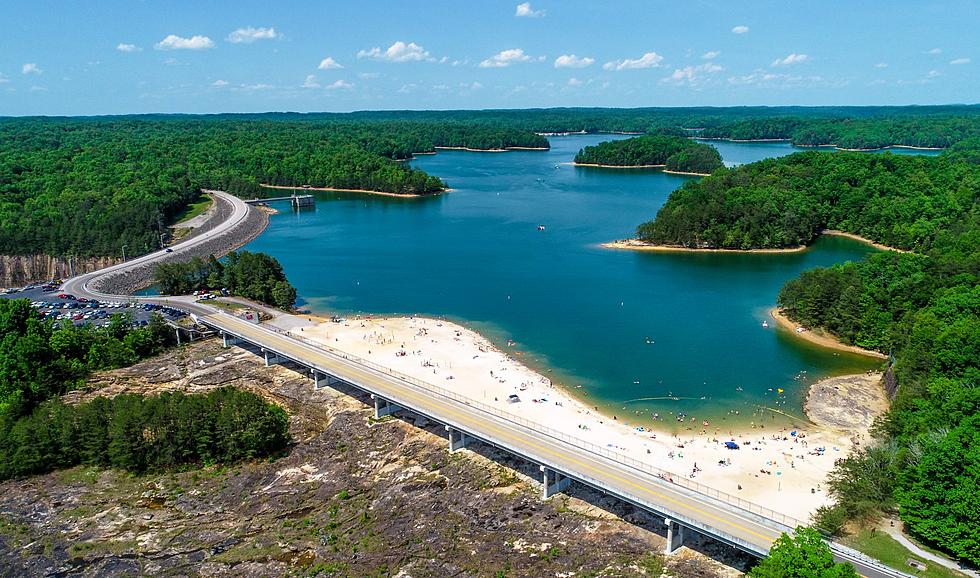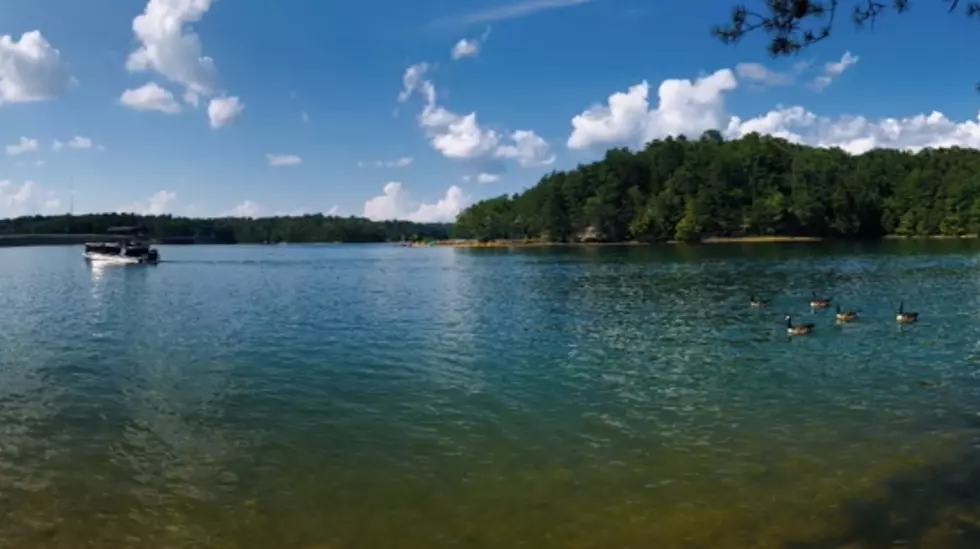
Beachbound This Summer? Know the Flag Colors and Rip Current Safety Tips
Summer is almost here and vacations are in full swing. For a lot of families in our community, that means the annual road trip to the beach. Panama City Beach, Destin, and Gulf Shores are three of the most popular beach destinations in this area, in part because of the easy drive to get there.
Little Slice of Paradise
Visiting our favorite little slice of paradise is always exciting but for many, this may be the first beach vacation that they've been on. Even if you are a seasoned beachgoer, you may have forgotten some of the rules of the beach since the last time you were able to bask in the sun while lounging on the sugar-white sands of the Gulf Coast.
It Can Be Dangerous
Every year there are reports out of places like Panama City Beach and Destin about dangerous water conditions. Since the Gulf Coast is one of our favorite places, I follow several travel groups for these locations on social media and I have seen a number of reminders about the dangers of the water. I felt like now might be a good time to share some safety reminders before your next trip.

Know What the Beach Flags Mean
There are flag poles on the beach with flags that are updated based on the conditions of the water. Be sure that you're familiar with these flags before you head out into the water.
- Purple Flag: This flag means that there is "dangerous marine life" in the water.
- Green Flag: This flag means that the water condition is considered calm. This is the "Low Hazard" flag.
- Yellow Flag: This flag means that there are moderate surf and/or currents. This is the "Medium Hazard" flag.
- Red Flag: This flag means that there is strong currents and/or high surf. This is the "High Hazard" flag.
- Double Red Flags: This flag indicates that the water has been deemed to be too rough and/or dangerous. This is the "Water is Closed to the Public" flag.
Rip Current Safety at the Beach
There are often reports of rip currents in the groups and pages that I follow as well. The Panama City Beach - Government Facebook Page, has shared a helpful graphic from Weather.gov regarding how to identify a rip current and what to do if you find yourself caught in one. A rip current is often an area in the water that looks smoother on the surface. Waves won't be breaking in that area and while the water on the surface looks smooth and calm, the water under the surface can be moving with very strong force.
Remain Calm and Swim Parallel to the Rip Current
It is advised that should you find yourself caught in a rip current, you remain calm and not panic. You can and should wave and yell for help. Since the rip current is pulling back out to the ocean, you should not try to swim against it towards the shore as you can exhaust yourself. Rather, it is advised that you swim out of the current by swimming parallel to the shoreline. If you are unable to swim out of the rip current, they say you should simply, float.
Please keep these things in mind the next time you visit the beach. And of course, don't forget your sunscreen. Stay safe! 🖤
LOOK: Here are the 50 best beach towns in America
LOOK: Here are the 10 US golf destinations with the most courses per capita
More From WDKS-FM








![Pixie the Pig Goes to Panama City Beach, Florida [Video and Photos]](http://townsquare.media/site/76/files/2020/05/A13.jpg?w=980&q=75)
